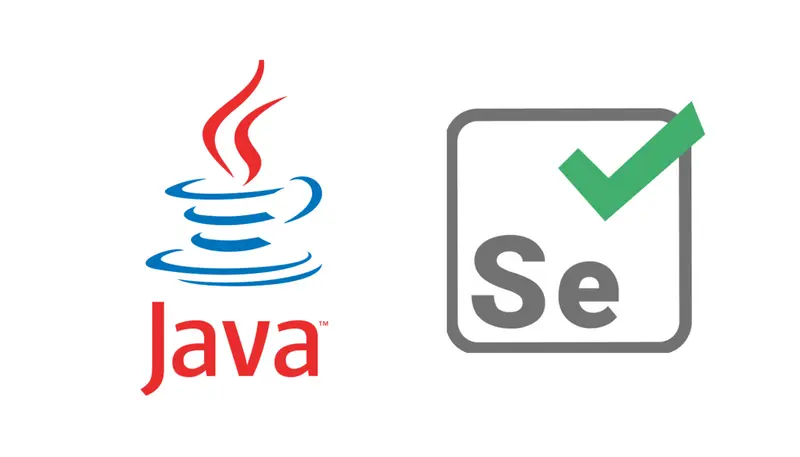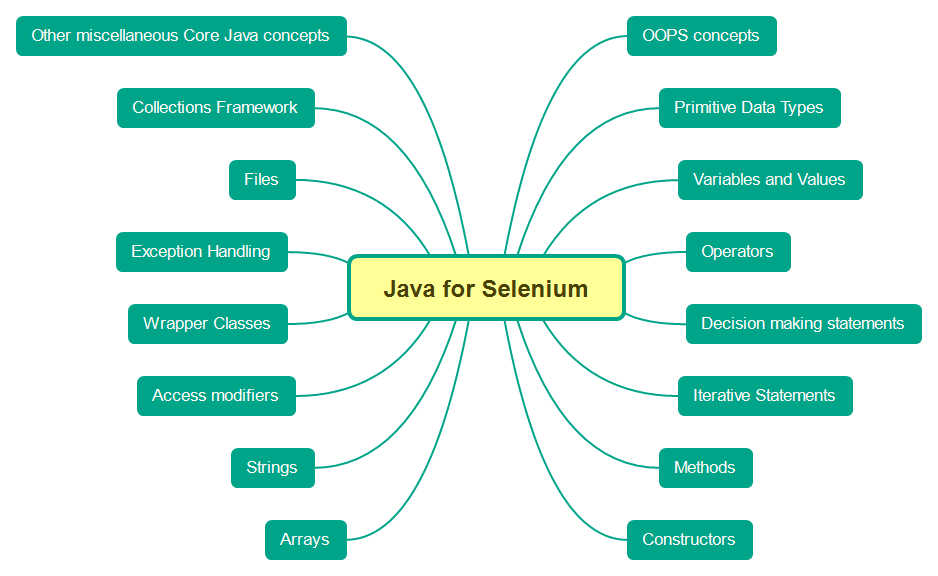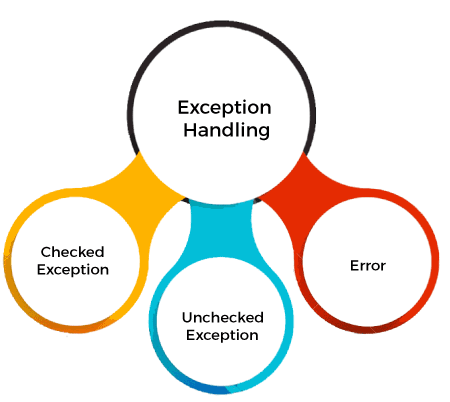How Much Java is Required to Learn Automation Testing? A Comprehensive Guide
By Tech Giant: https://tech-giant.in/
Introduction: In the world of software testing, automation testing has become an essential practice to ensure efficiency and reliability. One of the most popular programming languages used for automation testing is Java. However, if you’re new to the field, you might be wondering, “How much Java is required to learn automation testing?” In this comprehensive guide, we’ll break down the key aspects of Java in automation testing and help you understand what level of proficiency you need to get started.

- The Role of Java in Automation Testing: Java plays a pivotal role in automation testing due to its versatility and widespread adoption. Its rich set of libraries, frameworks, and tools make it an excellent choice for test automation. Many popular testing tools like Selenium, Appium, TestNG, and JUnit are Java-based, which further solidifies its importance.

- Basic Java Concepts for Automation Testing: To get started with automation testing using Java, you need a strong grasp of some fundamental concepts. These include:a. Variables and Data Types: Understand different variable types and how to declare them in Java.b. Conditional Statements: Learn about if-else statements, switch-case, and ternary operators for making decisions in code.c. Loops: Comprehend for loops, while loops, and do-while loops for iterative processes.d. Functions and Methods: Familiarize yourself with creating and using functions and methods in Java.e. Object-Oriented Programming (OOP) Principles: Get acquainted with classes, objects, inheritance, and polymorphism.

- Essential Java Libraries for Automation Testing: Automation testing is made more accessible and efficient with the help of specific libraries and frameworks. Key Java libraries you should be aware of include:a. Selenium WebDriver: Learn how to interact with web elements, perform actions, and validate results on web applications.b. TestNG: Understand how to create test suites, manage test cases, and generate test reports.c. JUnit: Explore the usage of JUnit for unit testing and integration testing.

- Best Practices for Java Automation Testing: To write effective and maintainable automation scripts, it’s crucial to follow some best practices. Consider implementing the following:a. Use Descriptive Naming: Choose meaningful names for variables, methods, and classes to improve code readability.b. Maintain Code Modularity: Organize code into reusable functions and classes for easy maintenance and scalability.c. Handle Exceptions: Learn how to handle exceptions gracefully to prevent test script failures.

- Optional Advanced Java Concepts: While a basic understanding of Java is sufficient to start automation testing, mastering some advanced concepts can add value to your skills. These include:a. Multithreading: Understanding concurrent execution for improved performance.b. File Handling: Learn how to read from and write to files for data-driven testing.c. Regular Expressions: Use regex for pattern matching and data validation.

Conclusion: In conclusion, a foundational knowledge of Java is essential to embark on your journey in automation testing. By understanding basic Java concepts, exploring essential libraries, and adopting best practices, you’ll be well-equipped to create robust and efficient automation scripts. As you gain experience, consider delving into more advanced Java concepts to elevate your automation testing expertise. Happy testing!
To Get Daily QA Job Alerts, Join OurWhatsApp Group http://bit.ly/43LQntD
Online QA training/Software testing/SDET/ Test Engineer Training:-
☸ Course Contents:-
Java, Selenium, TestNG, Maven, GIT, Jenkins, Cucumber, Selenium , Page Object Model,Project Explanation, Manual Testing, JIRA,API Testing, etc.
We are confident that our training and placement services can help you launch a successful career in software testing.
Contact us today to learn more.
Contact Us:
mobile: +91 9030108614
Email: info@tech-giant.in

